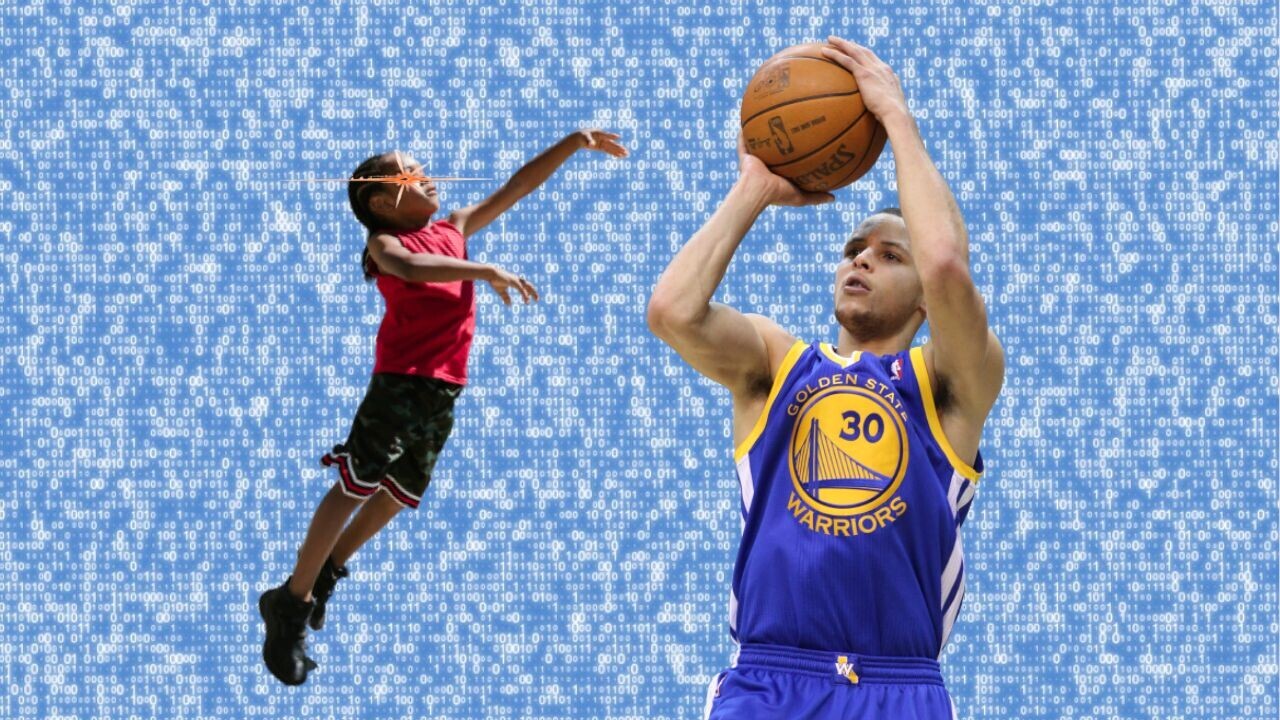Steph Curry is currently celebrating another NBA championship — just 10 years after the star feared he’d never play again.
Curry’s early years at the Golden State Warriors were plagued by chronic ankle injuries. In 2013, the team’s new performance director, Keke Lyles, proposed a new explanation for the problem.
Lyles believed Curry was overly reliant on his ankles for speed. The coach devised a training program that transferred power generation to the marksman’s hips.
“He would overload his lower legs a lot more than what he needed to,” Lyles told TNW. “It’s not that he wasn’t able to use his hips as much, but that wasn’t his first strategy — his body went somewhere else.”
The new approach soon reaped rewards. When Lyles left the Warriors in 2015, Curry had just won a Most Valuable Player award and his first league title. LeBron James described the Golden State squad as “the most healthy team I’ve ever seen in NBA history.”
The resources that Curry had are inaccessible to most athletes. But Lyles is now betting that AI and motion capture can bring the benefits to the masses.
Our goal is to understand what makes good shooters.
The trainer was recently named director of performance at Uplift Labs, a California based-startup. The company’s software analyzes an athlete’s movements to improve their skills and reduce their injury risks.

While other motion capture systems rely on pricey suits and complex calibration, Uplift’s app only requires a pair of iPhones and tripods.
Footage of the athlete is recreated in 3D. The AI then adds actionable insights into the biomechanics of the movements.
“It’s two phones, no markers, no calibration, just walk in and go to work,” said Lyles. “That saves probably like 70% of the time.”

In January, Uplift joined the NBA Launchpad, a new incubator program for tech that could improve basketball.
Uplift will focus on analyzing a skill that Steph Curry revolutionized: jump shots.
“Our goal is to understand what makes good shooters,” said Lyles. “What are the mechanics? What are the ranges of motion? There’s inherently natural movement variability… but what’s the tolerance that is acceptable or not?”
Teams could use the findings to improve their existing players, identify new talent, and mitigate injuries. But Lyles believes the Uplift model is also cheap and accessible enough for everyday users.
It might not give them Steph Curry’s jump shot, but it could help prevent their own ankle injuries.
Get the TNW newsletter
Get the most important tech news in your inbox each week.





